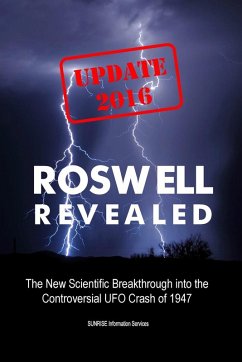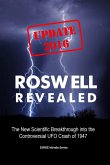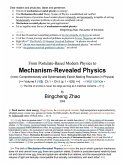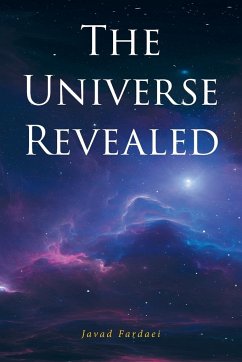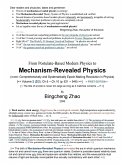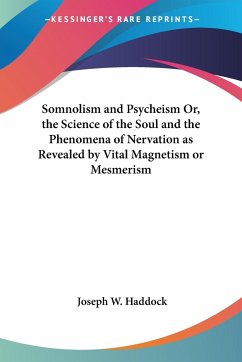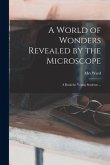Did you know that a dark-grey nickel-titanium (NiTi) shape-memory alloy known as nitinol was an integral part of the secret USAF work into understanding the Roswell foil in July 1947? Whatever crashed near Roswell had certainly started the USAF's interest into titanium-based shape-memory alloys, with nitinol being the closest to match the Roswell foil in its dark-grey appearance and behaviour, as well as being the world's most powerful shape-memory alloy, and the toughest and lightest of its type and titanium class. Ideal for aerospace applications. Yet, incredibly, the USAF would not use the alloy again (assuming the Roswell crash was part of a US secret military experiment), except only for the most secret spy planes even though presumably it had the technology and knowledge to mass produce it with ease, given the amount of the foil that was found strewn over the desert floor. But why maintain the secrecy on the type of object the USAF had allegedly tested in July 1947 and the materials used when scientists have known about shape-memory alloys, including nitinol, since 1958? What is so special about this object and the alloy itself that the public are not privileged to learn about after all this time? This book gives a summary of the history behind the most famous UFO crash, the essential witnesses' quotes describing what was found, a look at the history of shape-memory alloys, and the type of shape-memory alloys that were available prior to and after 1947 with a special emphasis on U.S. military involvement. The book looks at the evidence and presents, on the basis of probability, how likely the witnesses could have seen something exotic (i.e., alien) based on the available technology to manufacture a titanium-based shape-memory alloy in 1947. Could the USAF have done it? You be the judge by reading this intriguing book.
Hinweis: Dieser Artikel kann nur an eine deutsche Lieferadresse ausgeliefert werden.
Hinweis: Dieser Artikel kann nur an eine deutsche Lieferadresse ausgeliefert werden.

